LMS stands for Learning Management System; an online learning platform with which you manage the learning offer within your organization. And what should you pay attention to if you want to purchase an LMS.
What is an LMS?
LMS stands for Learning Management System; a system with
which you manage learning within an organization. You make your learning offer
available to your students or employees and you then have insight into reports
and activities of your users. With an LMS, you have the freedom to create and
assign training to specific users. You can track the progress per training or
per user.
The great advantage of using an LMS is that the
user can learn anywhere and at any time of the day. Whether this is from home,
at another work location, or on the road. By facilitating online learning in an
LMS, you stimulate learning and also save a lot of costs compared to giving
'live' training courses.
Why You Should Choose an LMS?
Better training, more knowledge of products and services, and the ability to acquire knowledge mean that employees are more efficient and develop more. This ultimately benefits the organization and its results. Knowledgeable employees who contribute to success are often more loyal to the company and perform their jobs better. Because all the learning material is created, linked, managed, and stored in one system, you create an overview & access for both the employees and the content creators and administrators of the LMS within the organization.
In addition, people today work much more flexibly than in
the past. The advantage of using an LMS is that the user can learn anywhere and
at any time of the day. Whether this is from home, at another work location, or
on the road. By facilitating online learning in an LMS, you stimulate learning
and also save a lot of costs compared to giving 'live' training courses.
Understand Learning Management
Systems
If you have ever adopted any learning management systems (LMS) in your Enterprise Mobility Solutions, you will know that assures the highest strength. Learning management systems are the fastest-growing enterprise software solution. It is also known as a web-based software.
Applications are hosted on the Internet
instead of having to install or maintain on the servers. Therefore, there is no
significant requirement to constantly set specific hardware or software in the
organization.
If you are willing to switch from the self-hosted learning system to a growing product development system, it is extremely important to gain insight into the LMS cloud. However, there is a requirement for an intensive push towards the essentials solutions for cloud-based implementation, especially for small or large companies.
Developments in The Field of Learning Management Systems
Organizations are increasingly focusing on staff training themselves. On the one hand, from external considerations, for example, to meet requirements and qualifications set by the industry or the government.
On the other hand, because the market demands it; after all, the innovative capacity
of an organization depends to a large extent on the current level of knowledge
of the employees. To keep up with the ever-faster developments in the market,
organizations must continue to invest in the development of their employees.
Over the years, more and more importance has been attached to the personal and professional development of employees. Employees expect to be supported by their employer in their growth and ambitions. They want to be able to develop their competencies and skills within the organization where they work.
The way we learn is changing in several ways. Instead of
following a classroom course, there is an increasing demand for flexible (where
and when it suits) and personalized learning (a learning offer that matches
work, job requirements, or competency profile).
Technical developments follow
the changing needs in this area. Current learning management systems are highly
intuitive and interact with other systems. Interaction is increasingly
paramount and teaching materials are a mix of text, images, infographics, video, and quiz or tests. We also call this blended learning.
The amount of information we include per lesson or module also changes. Instead of a 4-hour lecture, we prefer to see teaching material divided into bite-sized chunks. Micro-learning is an example of this. A final development is that learning is becoming less and less a one-way street.
Users are increasingly given a voice when it comes to how what, and when we learn. This is also reflected in the curation of information. Users collect, filter, and share the content offered, increasing its relevance and quality. Sharing knowledge and social learning are becoming increasingly important.

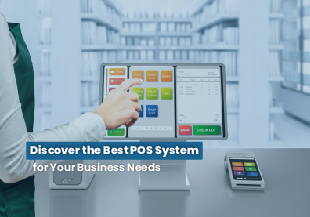
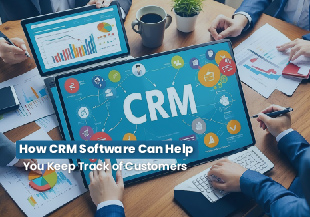

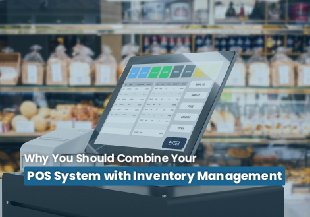
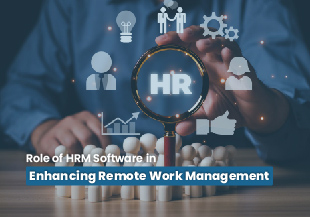
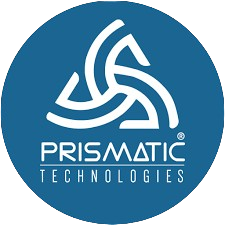 Chat with Prismatic Bot
Chat with Prismatic Bot